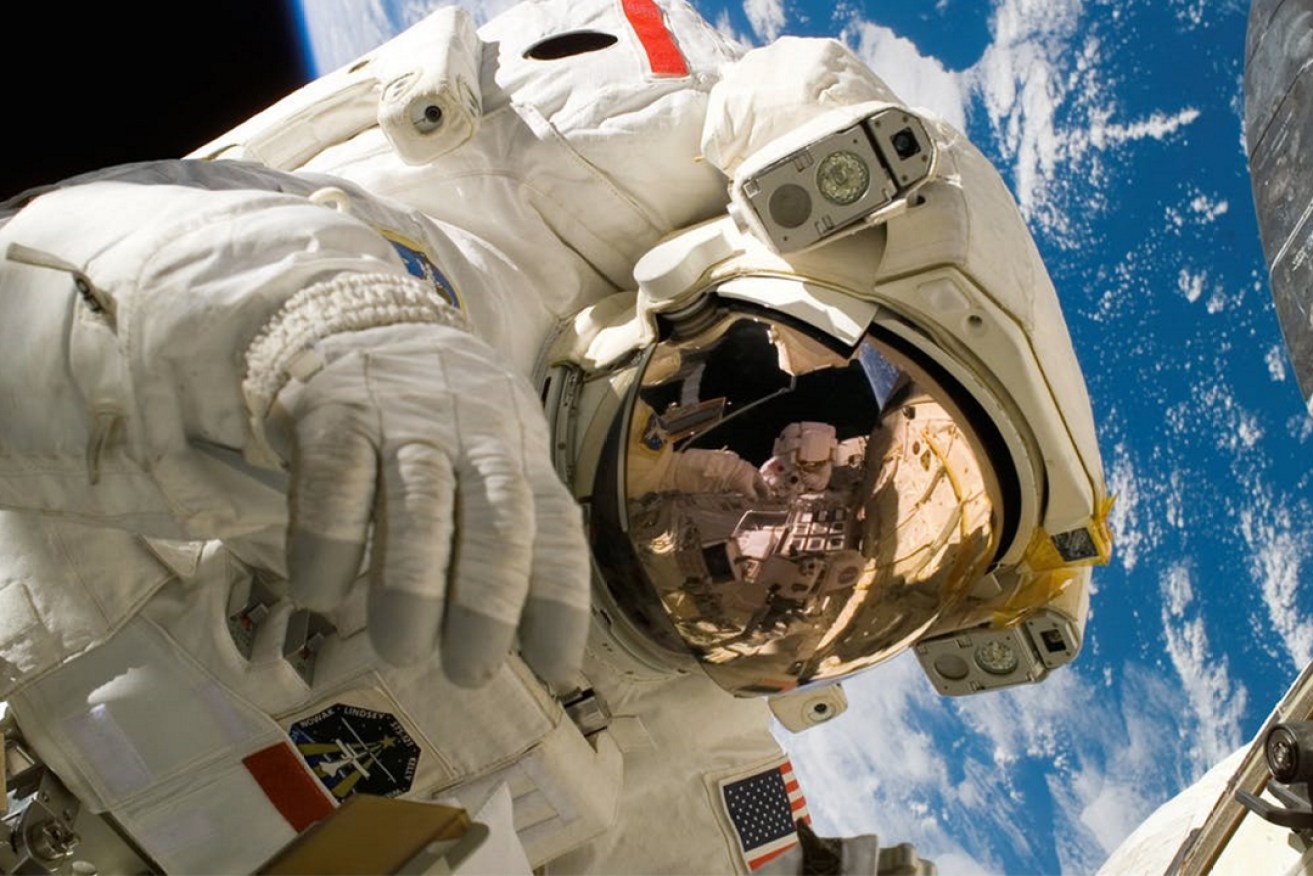The importance of ethics in space
With the world’s leading minds in space in Adelaide for the International Astronautical Congress, InDaily speaks with ethics specialist at French space agency, CNES, Jacques Arnould, about the ethical side of space exploration, and a special event being held at the congress involving South Australia and France.

The launch of Sputnik 1 and the eventuating space race of the 1960s was a monumental time in global history. Not only did the human race frontier into the unknown, we were also able to stare back at ourselves as a global community – literally – for the very first time.
With this outer-worldly perspective, we soon recognised the need to develop ethics around future explorations, and it’s a topic that continues to evolve to this day.
This week, during the International Astronautical Congress (IAC), held at the newly developed Adelaide Convention Centre, Jacques Arnould, ethic specialist with CNES, will participate in a round table discussion with French and Australian stakeholders on the continuing field of the ethics of space.
Opportunities for future collaboration in this lucrative sector will also be the focus of this Australia-France Bilateral roundtable workshop, being co-hosted by the State Government and CNES.
The workshop aligns with the objectives of South Australia’s French Engagement Strategy, which is focussed on developing economic and business ties with France to foster trade, investment and job creation in key growth areas including space, defence, advanced manufacturing, and renewable energy.
“Sixty years after Sputnik, we know that space exploration, space utilisation – I mean telecommunications, observation, geopositioning, etcetera – has changed, and will change in the future, our personal and social life,” Arnould says.
“By consequence, it is important and necessary to interrogate how we manage space activities in the future with three questions: Why? How? What consequences? These three questions constitute the essence of an ethics of space.”
In 1967, the Outer Space Treaty was opened for signature and covered principles around non-appropriation and free access, but 60 years on, the conversation has broadened to incorporate some of the same issues we’re addressing on the ground below.
“With the development of space activities, more practical questions have emerged, for example, the management of space debris,” Arnould says.
“With the exploration of the solar system and the development of astrobiology, efforts are made concerning planetary protection, a topic presented by space treaties.
“It is a challenging question, which cannot be reduced to the scientific aspect. Astrobiology indeed concerns so many domains of human intelligence, imagination and consciousness”
For Arnould, space is an endless source of inspiration, and he hopes that from the IAC, a bond can be forged between France and Australia’s space industries.
“I wish that this conference in Adelaide will open a new chapter in this relationship between Australia, especially South Australia, and France,” he says.
“In space industry, as in space activities in general, we have so many experiences, knowledge to share.
“I know that you find great interest in a number of space applications, not only communications but also management of natural, agricultural resources. In my opinion, you possess a natural and a central position inside the space community.”
It’s a continual investment in recruiting young people into a career in space, through initiatives like the South Australian government’s space studies scholarships, that will ensure the development of Australia’s space industry, Arnould says.
“I am totally convinced of the interest in space studies programs to not only support a space industry, but to prepare young people to be engineers, scientists, etcetera,” he says.
“Space requires real competence and expertise, full engagement, spirit of innovation, sense of risk management. Space is not a limited domain – you can fulfill every interest, every search for innovation.”
And as long as there’s innovation, there will be a need for ethicists to guide the hand of technological innovation.
“I always say that an engineer, a scientist, a lawyer could not really be professionals or experts in their field of competence without the ethical attitude that can be summarised by the slogan: thinking and acting,” Arnould says.
“In this perspective, ethics is not a possibility, it is a necessity to succeed and to progress.”
Solstice Media has partnered with the South Australian Government to provide information about our state’s international connections and engagement.




